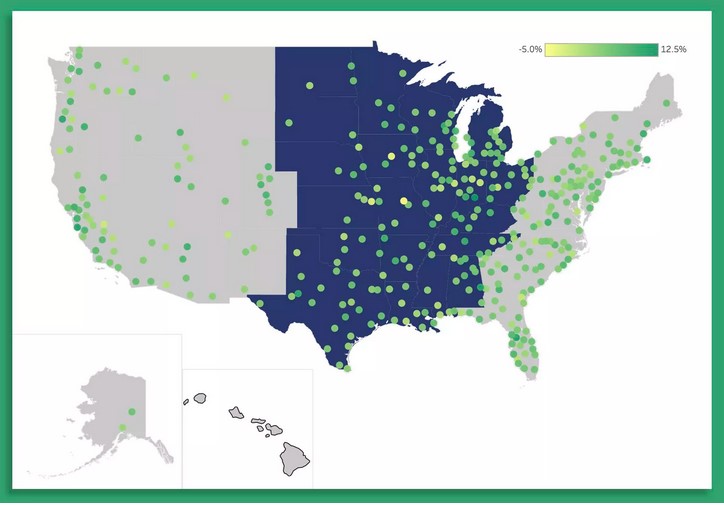There is concern about thinking that Christianity will disappear. Religions, especially universally accepted religions like Christianity, Islam, Hindu and even the god families of the Egyptians, Greeks and Romans, universally accepted in their time, do not disappear completely; they are set aside or modified as humankind’s need, knowledge and awareness change. Christianity especially has morphed in major ways in the last 2,000 years.
When mariner was in college pursuing a double major in religion and sociology, he learned that sociological perspectives are held in disdain by the more spiritually motivated believers. This is because sociology measures everything as a manifestation of cultural need rather than as spiritual assignation. Nevertheless, mariner will dust off his sociological roots to examine the ever changing religion called Christianity.
From the beginning
What is interesting is that a small band of civilization between the Greek/Roman god families to the north and the Egyptian god families to the south, that is, the region that includes Israel, sustained a belief in one supreme god. This single deity, originally named Cybele, arose in history in Phyrgia (western Turkey today) around 7500 BCE. Mariner refers the reader to an earlier post in which he discusses the impact of Cybele on all modern religions.[1] This earlier treatise illustrates clearly how religions morph to accommodate emerging cultural need.
1 – At the root of every religion is the need to know what omnipotent, life controlling force dictates the human experience. Knowing (or believing spiritually) what the core set of values are establishes a base for cultural stability.
2 – Human need drives adaptation. For example, a moral value has arisen in this century when it comes to how humans treat the environment. It can be sensed that the environment has a supreme value above the narrow benefits of commercialism. This may be an example of naturalism emerging or possibly Christianity, in time, may modify humanity’s role as a servant of God and how to care for his Kingdom. In sociological terms, either interpretation is identical as a response to global warming. In this example, Christianity must adapt to the need for a religious relationship more in the hands of humans than of god.
3 – On the doctrinal side presented in the synoptic gospels, it is very clear that Jesus is born into a terrible period of Jewish history. Rome invaded Israel dismissing all cultural values, private ownership, cultural norms and replaced them with Roman mandates that benefited Rome, not Israel. Romans took slaves as needed, enforced a brutal one-sided justice system and generally collapsed the Jewish economy. Jesus opens the Beatitudes with an accurate description of the times and assures Israelites that they are of supreme value in God’s eyes (See: Matthew 5:1-16). Then Jesus embraces compassion as the tool for survival; succinctly, Jesus says there is salvation in caring for others first, thereby limiting personal feelings of uselessness and abusive treatment as a recourse.
4 – This particularly high standard for human behavior remains troublesome. Throughout history until today Christians have performed brutal and unfair acts on fellow humans. Mariner recently cited the brutality with which European explorers and Christian cults came to the Americas – not stealing but literally taking all the wealth of natives, genocide, slavery of the people on the land they once owned and an intense prejudice that remains strong today. Then there are the religious cults who killed other Christian cults or drove them out of their land because they weren’t in the same cult; not to consider genocide of the Native American Indian.
Life in the 2000 millennium has begun with a great deal of upheaval in all sectors of human experience. Politics must adapt, economics must adapt, religion must adapt, culture must adapt. Ironically, Jesus’ command to use compassion may come in handy but it is in remission in the halls of Christianity.
End of unfinished business.
Ancient Mariner
[1] Mariner wrote a post dedicated to Cybele back in April 2016. In the search block type Cybele.

 human recruiter even meets them. Some automated programs evaluate not just on answers to questions, but sometimes on facial expressions, intonation and word choice.
human recruiter even meets them. Some automated programs evaluate not just on answers to questions, but sometimes on facial expressions, intonation and word choice.
 Christianity is the most spiritual. To be a Christian requires an eagerness to put aside one’s own sense of accomplishment and replace it with enabling success in others. The theological basis is a spiritual relationship – a partnership – with God, Jesus and the human Christian; scripturally called the Trinity. In 2014 Paul Harvey, a conservative talk show host on radio, said “Too many Christians are no longer fishers of men, but the keepers of the aquarium.” – clearly a recognition of an evaporating spiritual element in Christianity.
Christianity is the most spiritual. To be a Christian requires an eagerness to put aside one’s own sense of accomplishment and replace it with enabling success in others. The theological basis is a spiritual relationship – a partnership – with God, Jesus and the human Christian; scripturally called the Trinity. In 2014 Paul Harvey, a conservative talk show host on radio, said “Too many Christians are no longer fishers of men, but the keepers of the aquarium.” – clearly a recognition of an evaporating spiritual element in Christianity. nson’s hawk sitting comfortably on the edge of the flower garden. It is a sheltered spot with full Sun. The hawk was cleaning itself and seemingly just passing the time. It sat there until half past Noon. It was the only creature in the yard.
nson’s hawk sitting comfortably on the edge of the flower garden. It is a sheltered spot with full Sun. The hawk was cleaning itself and seemingly just passing the time. It sat there until half past Noon. It was the only creature in the yard.